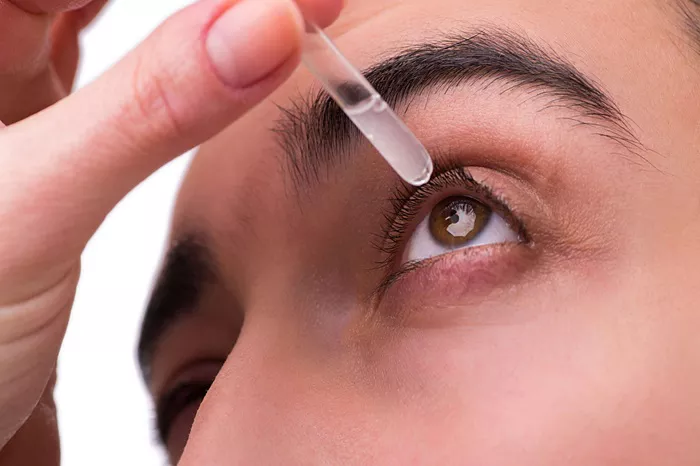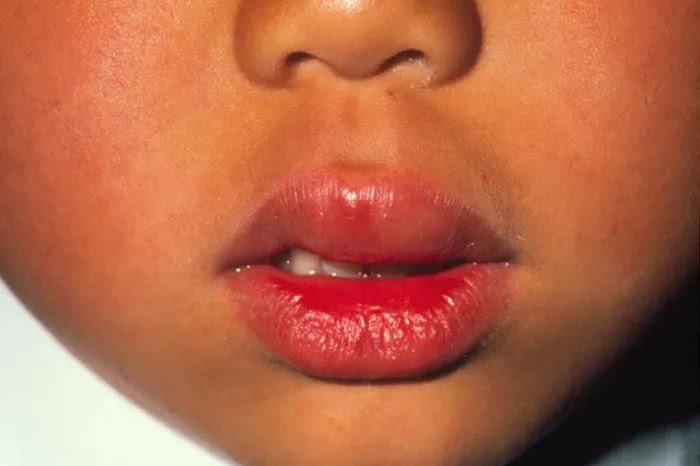Skin allergies, whether they manifest as itching, redness, swelling, or other discomforts, can significantly impact one’s quality of life. Finding the right ointment to alleviate these symptoms is crucial for effective management. In this comprehensive guide, we delve into the characteristics of the best ointments for skin allergies, exploring their ingredients, mechanisms of action, and application techniques.
Understanding Skin Allergies
Before delving into the world of ointments, it’s essential to understand what causes skin allergies. Skin allergies occur when the immune system reacts abnormally to substances that are usually harmless. These substances, known as allergens, can trigger a range of allergic reactions, from mild irritation to severe inflammation.
Common allergens include:
Cosmetics and personal care products: Ingredients such as fragrances, preservatives, and dyes can trigger allergic reactions.
Medications: Some medications, particularly antibiotics and nonsteroidal anti-inflammatory drugs (NSAIDs), can cause allergic skin reactions.
Plants: Contact with plants like poison ivy, poison oak, or certain types of grass can lead to allergic dermatitis.
Metals: Metals like nickel, found in jewelry and clothing fasteners, can cause allergic reactions in susceptible individuals.
Foods: While less common, certain foods can trigger skin allergies when they come into contact with the skin.
Understanding the specific allergen causing the reaction is crucial for effective treatment and prevention.
Key Characteristics of Effective Ointments
When it comes to selecting the best ointment for skin allergies, several key characteristics should be considered:
Anti-inflammatory Properties: An effective ointment should possess potent anti-inflammatory properties to reduce redness, swelling, and itching associated with allergic reactions.
Moisturizing Effects: Allergic reactions can compromise the skin barrier, leading to dryness and irritation. A good ointment should provide adequate hydration to restore the skin’s natural moisture balance.
Hypoallergenic Formulation: To avoid exacerbating the allergic reaction, the ointment should be free from common allergens such as fragrances, dyes, and preservatives.
Fast-Acting Relief: The ideal ointment should provide rapid relief from itching and discomfort, allowing the individual to resume their daily activities without disruption.
Long-Lasting Protection: While providing immediate relief is crucial, the ointment should also offer long-lasting protection to prevent further irritation and promote healing.
Now, let’s explore some of the best ointments available on the market that meet these criteria:
1. Hydrocortisone Ointment
Hydrocortisone is a topical corticosteroid that is widely used to treat various skin conditions, including allergic reactions. It works by reducing inflammation and suppressing the immune response, thereby alleviating itching and discomfort. Hydrocortisone ointments are available over the counter in various strengths, with higher concentrations typically reserved for severe allergic reactions. It’s important to follow the instructions provided and avoid prolonged use, as corticosteroids can cause skin thinning and other side effects with excessive use.
2. Calamine Lotion
Calamine lotion is a classic remedy for soothing itching and irritation caused by skin allergies, insect bites, and mild sunburns. It contains a combination of zinc oxide and ferric oxide, which provide a cooling sensation and help dry oozing or weeping associated with allergic dermatitis. Calamine lotion is particularly beneficial for relieving the discomfort of poison ivy, oak, or sumac reactions. Simply apply a thin layer of the lotion to the affected area and allow it to dry before covering with clothing.
3. Antihistamine Creams
Antihistamine creams are formulated to block the effects of histamine, a chemical released by the body during allergic reactions. By inhibiting histamine activity, these creams can effectively reduce itching and inflammation. Common antihistamine ingredients found in topical creams include diphenhydramine and doxepin. While these creams can provide relief, they may cause drowsiness, especially when applied to large areas of the body. It’s essential to use them as directed and avoid activities that require alertness until the effects wear off.
4. Emollient Ointments
Emollient ointments, such as petroleum jelly or mineral oil-based products, are excellent options for moisturizing and protecting the skin barrier in individuals with allergic dermatitis. These ointments create a protective seal over the skin, preventing moisture loss and reducing irritation. They are particularly beneficial for dry, cracked skin resulting from allergic reactions or excessive scratching. Apply a thick layer of the emollient ointment to the affected area and reapply as needed throughout the day.
5. Topical Steroid-Free Alternatives
For individuals who prefer to avoid corticosteroids, there are several steroid-free alternatives available, such as colloidal oatmeal creams, aloe vera gels, and chamomile-based ointments. These natural remedies can help soothe irritated skin and reduce inflammation without the potential side effects associated with corticosteroid use. While they may not provide as rapid or potent relief as hydrocortisone ointments, they can be valuable additions to a comprehensive skincare regimen for managing skin allergies.
6. Prescription Options
In cases of severe or persistent allergic reactions, prescription-strength ointments may be necessary. These may include topical immunomodulators, such as tacrolimus or pimecrolimus, which work by modulating the immune response to reduce inflammation and itching. However, these medications are typically reserved for individuals who do not respond to or cannot tolerate conventional treatments due to their potential for systemic side effects and long-term safety concerns.
Application Techniques
Regardless of the type of ointment used, proper application techniques are essential for maximizing efficacy and minimizing side effects. Here are some general guidelines to follow:
Cleanse the Skin: Before applying the ointment, gently cleanse the affected area with mild soap and water to remove any dirt, debris, or irritants.
Pat Dry: After cleansing, pat the skin dry with a soft towel. Avoid rubbing, as this can further irritate sensitive skin.
Apply a Thin Layer: Use clean fingertips or a cotton swab to apply a thin, even layer of the ointment to the affected area. Avoid over-applying, as this can lead to occlusion and potential adverse effects.
Allow Absorption: Allow the ointment to absorb fully into the skin before covering with clothing or bandages. This will ensure optimal penetration and efficacy.
Follow Instructions: Always follow the instructions provided by the manufacturer or healthcare professional regarding the frequency and duration of ointment application. Overuse or misuse can lead to adverse reactions and treatment failure.
Monitor for Side Effects: While rare, some individuals may experience allergic reactions or adverse effects from topical ointments. If you develop any new symptoms or worsening of existing symptoms after applying the ointment, discontinue use and consult a healthcare professional promptly.
Conclusion
Finding the best ointment for skin allergies requires careful consideration of the individual’s symptoms, preferences, and medical history. Whether opting for over-the-counter remedies or prescription-strength treatments, the key is to choose products that effectively alleviate itching, inflammation, and discomfort while minimizing the risk of adverse effects. By understanding the characteristics of effective ointments and following proper application techniques, individuals can effectively manage skin allergies and enjoy healthier, happier skin.
[inline_related_posts title=”You Might Be Interested In” title_align=”left” style=”list” number=”6″ align=”none” ids=”5919,5961,5973″ by=”categories” orderby=”rand” order=”DESC” hide_thumb=”no” thumb_right=”no” views=”no” date=”yes” grid_columns=”2″ post_type=”” tax=””]

































